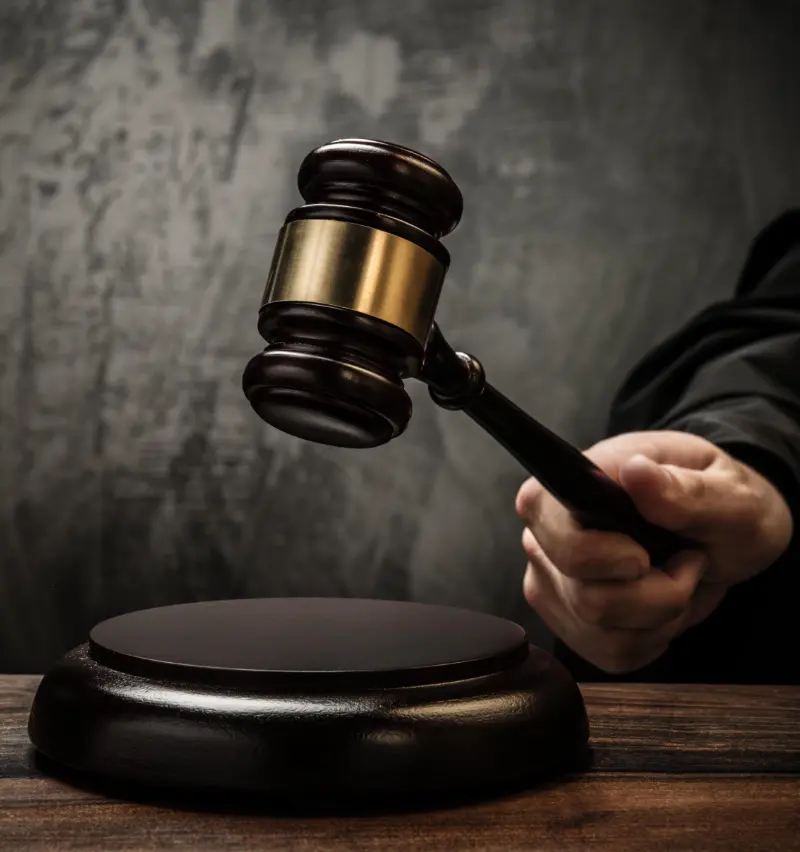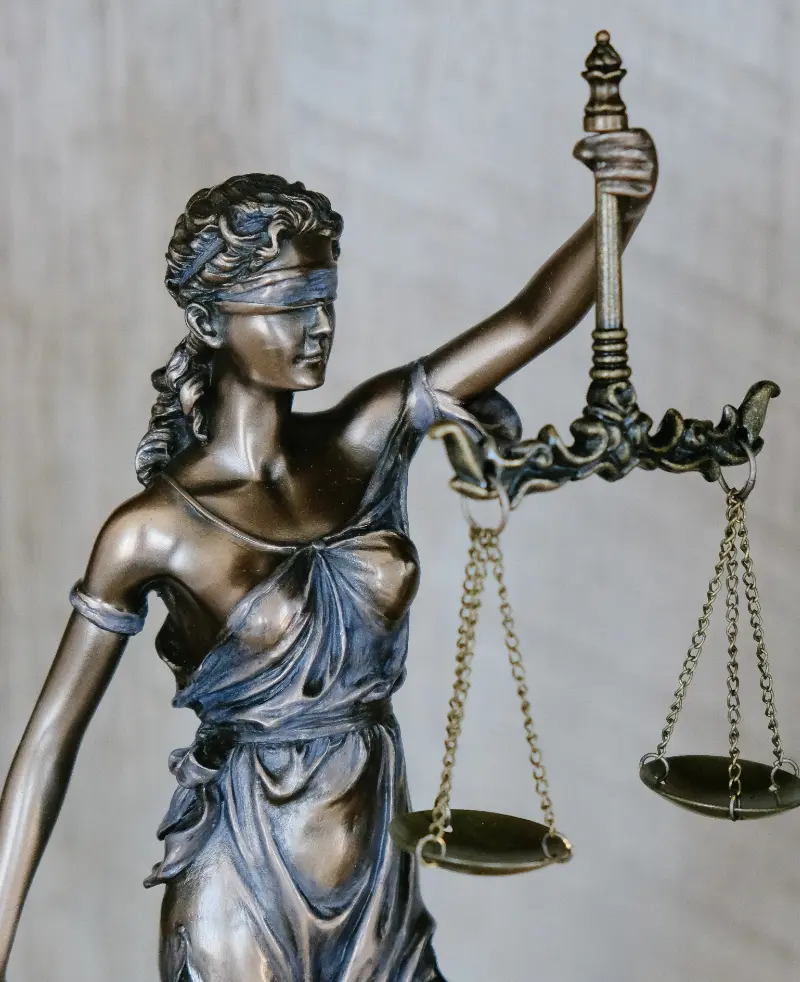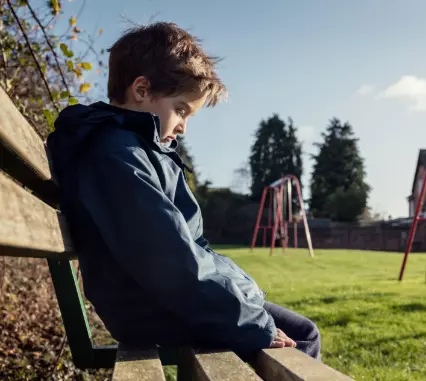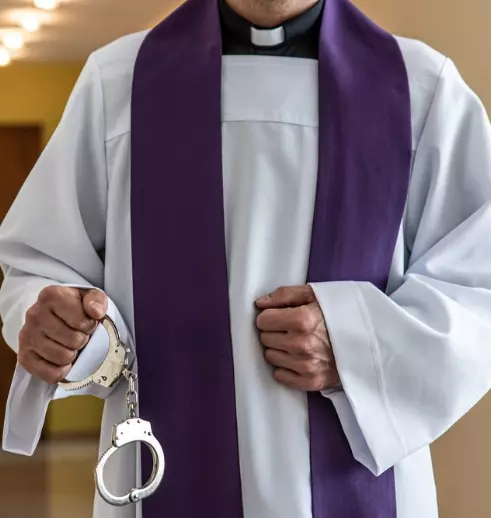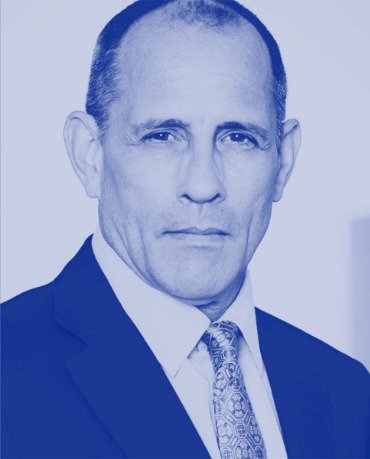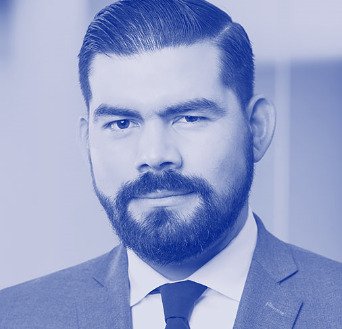
RAINN
RAINN, the nation’s largest sexual abuse support site, is an excellent resource for more information about different types of sexual abuse and assistance for survivors. It addresses the laws of each state, including how to report abuse and the statute of limitations for your situation. You can go online or call (800) 656-HOPE.

Department of Justice Clergy Abuse
If you’ve been a victim of clergy abuse, you may file a complaint with the US Department of Justice. If you have specific questions about your case, you can also email the DOJ.
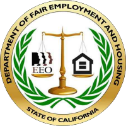
California Department of Fair Employment and Housing
This agency enforces the statutes prohibiting workplace sexual harassment and takes complaints about hostile work environments and employer misconduct.



